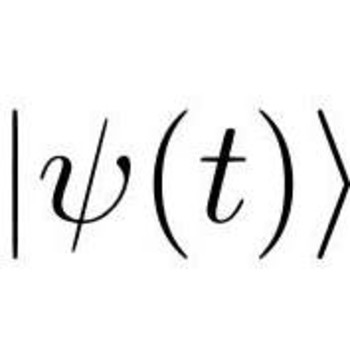Which of the following correctly describes an oxidation-reduction reaction?
The element that is oxidized increases in electronegativity, and the element that is reduced decreases in electronegativity.
The element that is oxidized decreases in electronegativity, and the element that is reduced increases in electronegativity.
The element that is oxidized loses electrons, and the element that is reduced gains electrons.
The element that is oxidized gains electrons, and the element that is reduced loses electrons
The element that is oxidized increases in electronegativity, and the element that is reduced decreases in electronegativity.
The element that is oxidized decreases in electronegativity, and the element that is reduced increases in electronegativity.
The element that is oxidized loses electrons, and the element that is reduced gains electrons.
The element that is oxidized gains electrons, and the element that is reduced loses electrons
2 Answers
Third option is the correct one.
Explanation:
When an element is oxidized, it loses electrons. But when an element is reduced, it gains electrons. This is the basis of redox reactions.
However, an oxidizing agent oxidizes something else, and gets reduced, therefore gaining electrons. Meanwhile, a reducing agent reduces something else, and gets oxidized in the process, losing its own electrons.
The element that is oxidized loses electrons, and the element that is reduced gains electrons.
Explanation:
Example
The zinc atom had an oxidation state of
Each hydrogen atom in the two
The oxidation state of chlorine/chloride did not change.


